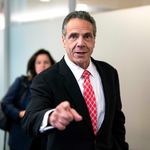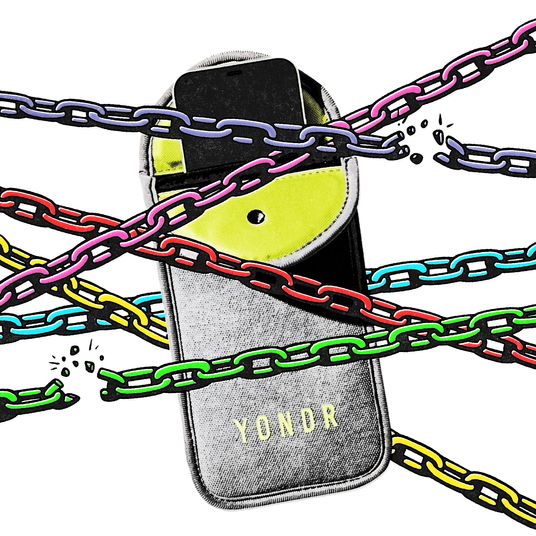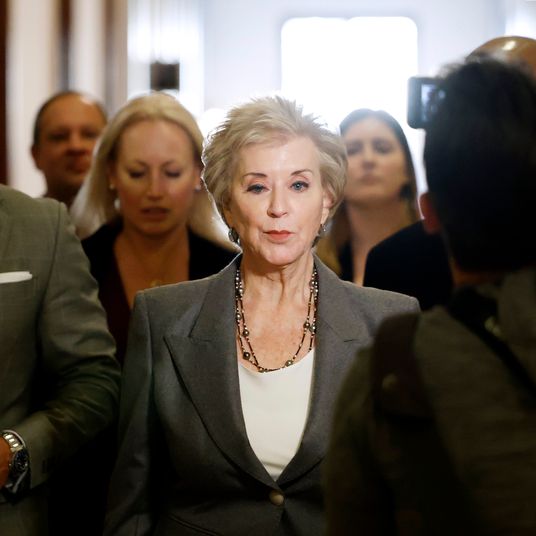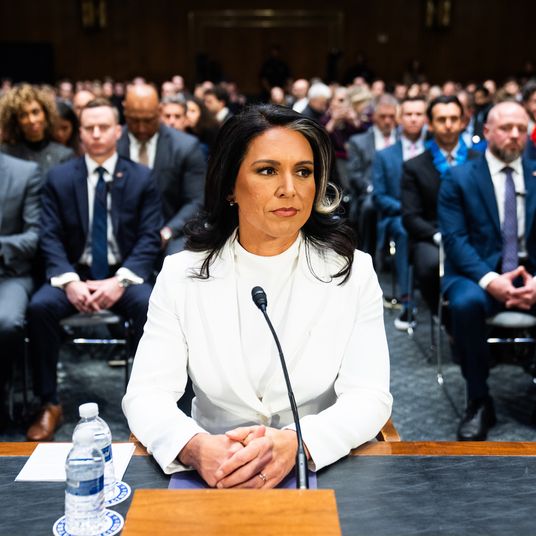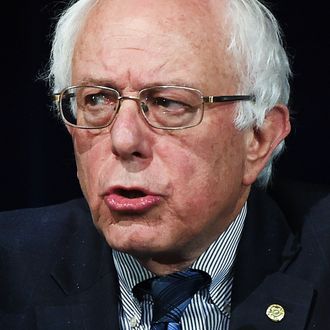
Polls taken shortly before a presidential primary or caucus are often exercises in capturing lightning in a bottle — as campaigning and advertising intensify and voters tune in, fluctuations in candidate preferences are common. But those taken just before the whole primary season is about to begin get enormous attention and, with the attendant media focus on those candidates with apparent momentum, probably affect actual voting.
So when polls come out with startling numbers, we may be looking at an important trend — or just an “outlier” poll that distracts from what’s really going on. “Outliers,” by the way, don’t always involve sketchy polling operations or poor methodology; even very good pollsters have them now and then as often-random “noise” distorts the data.
As it happens, the most recent polls of the Republican and Democratic fields in New Hampshire offer findings that leap off the page and fly around the room cackling madly. An American Research Group survey shows John Kasich surging into second place at 20 percent, with only Donald Trump (at 27 percent) beating him. And a University of New Hampshire poll for CNN and WMUR shows Bernie Sanders trouncing Hillary Clinton by a 60–33 margin.
Neither finding seems impossible. Kasich has put all of his chips down on New Hampshire, with its famously moderate Republican electorate, and he has been hitting double digits in January polls. He may also be benefiting from other candidates (e.g., Christie and Rubio, Trump and Cruz) bashing each other and largely leaving him alone as a harmless nebbish. On the other hand, ARG doesn’t have a very good reputation for accuracy; the firm gets a borderline-terrible C-minus letter grade in FiveThirtyEight’s pollster ratings. And Kasich hasn’t exactly been a hot property of late; ARG’s finding that his support is double that of Marco Rubio and Chris Christie — the former the national smart money “Establishment” candidate, the latter the Granite State dark horse — doesn’t pass the smell test.
Still, as Nate Cohn observes in a New York Times piece on the poll, that may not matter:
Later polls will confirm or rebut the results of the most recent American Research Group poll. But it may not even matter whether the A.R.G. result is right. Not everyone will be patient enough to wait for additional data, and the A.R.G. poll could become a self-fulfilling prophecy if it leads to a wave of “Kasich surges” stories or merely more attention from journalists anxious to find out whether a surge is real.
The CNN/WMUR poll of Democrats is a little different. The pollster has a decent reputation. Bernie Sanders has led in most recent polls. But absent any major news, a sudden rise by Sanders from a lead in single digits or the low teens to 27 points seems strange. The internals in the polls also look a bit hinky: Sanders’s approval-disapproval rating stands at a near-unanimous 91/7, while Clinton’s has deteriorated to 65/26. Again, it’s unclear why this would have happened without some sort of external news event.
But the Democratic poll has the advantage of reinforcing a “Sanders surge” media narrative that was already going strong. Indeed, perceptions of Sanders’s lead in New Hampshire are getting into that territory where they may help Clinton claim a moral victory if she keeps it close.
It’s entirely possible that new crazy-sounding polls will come out before voters in Iowa and New Hampshire quell all speculation, and we’ll quickly forget ARG’s and CNN/WMUR’s. But in the meantime, we’ll have heard the term “Kasich surge” more than anyone thought possible.




